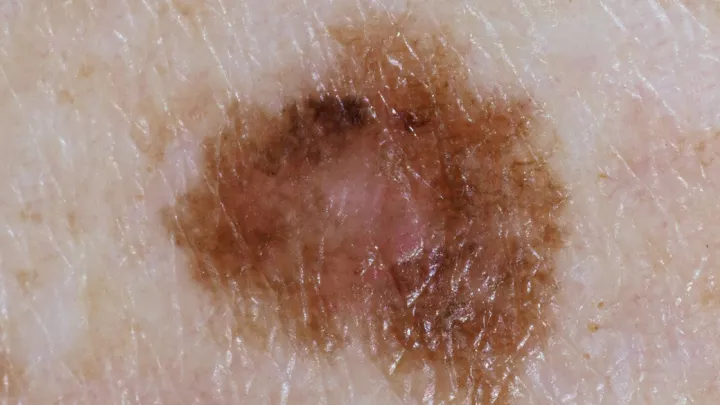Can sunscreen cause cancer? Why benzene is toxic and how to avoid it

High levels of benzene, a cancer-causing chemical, were reportedly found in several sunscreens. Can sunscreen do more harm than good?
It's important to note that these results are from one study (Valisure), which hasn't yet been validated. Strangely, they also detected benzene in blank test tubes (no sunscreen), leaving some to question if the testing methods contributed to the levels detected.
Toxicologists note that even if you applied the worst sunscreen on the Valisure list to your entire body, you'd be exposed to less than half the amount of benzene you breathe in normal city air in a day. Benzene is also very unstable, so it's unclear how much would be absorbed through the skin.
With the real and known risks of UV radiation, don't replace one potential hazard (benzene) with another (skin cancer). Rather, take the time to check that your preferred sunscreen isn't on the list of contaminated products. "Sunscreen is an important component of skin health," says dermatologist Jennifer Adams, MD. "You have many sunscreen options where benzene was not detected."
"Regular sunscreen use can make a real difference in your lifetime risk of developing skin cancer. This is true for all ages, but it's especially important for young people," says melanoma surgeon Joshua Mammen, MD, PhD. "Preventing a cancer from ever appearing is certainly better than treating the cancer once you develop it."
How to protect yourself from the sun:
- Check Valisure's list to ensure your sunscreen is benzene-free
- Apply sunscreen to exposed areas that provides broad-spectrum protection, is water-resistant and has a sun protection factor (SPF) of 30 or higher
- Avoid being out in the sun between the peak hours of 10 a.m. to 2 p.m. when the sun's rays are the strongest
- Wear lightweight, protective clothing such as long sleeves and long pants, a wide-brimmed hat and sunglasses
One in five U.S. residents will develop skin cancer by the age of 70. But by following a few simple steps – like applying a benzene-free sunscreen regularly – you can greatly reduce your risk of skin cancer.
Make a dermatology appointment at 800.922.0000.







